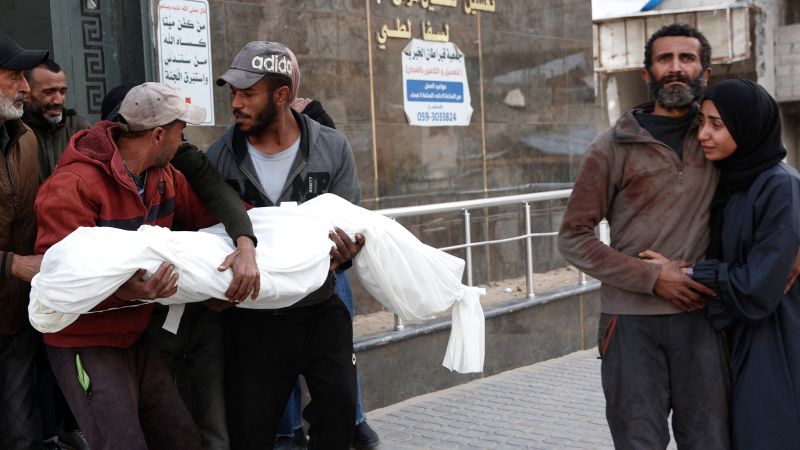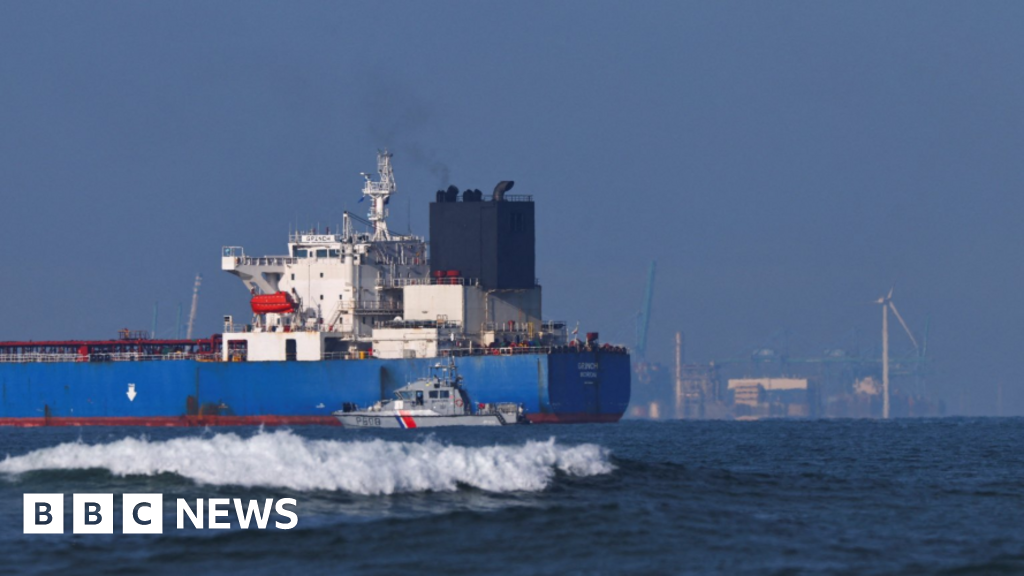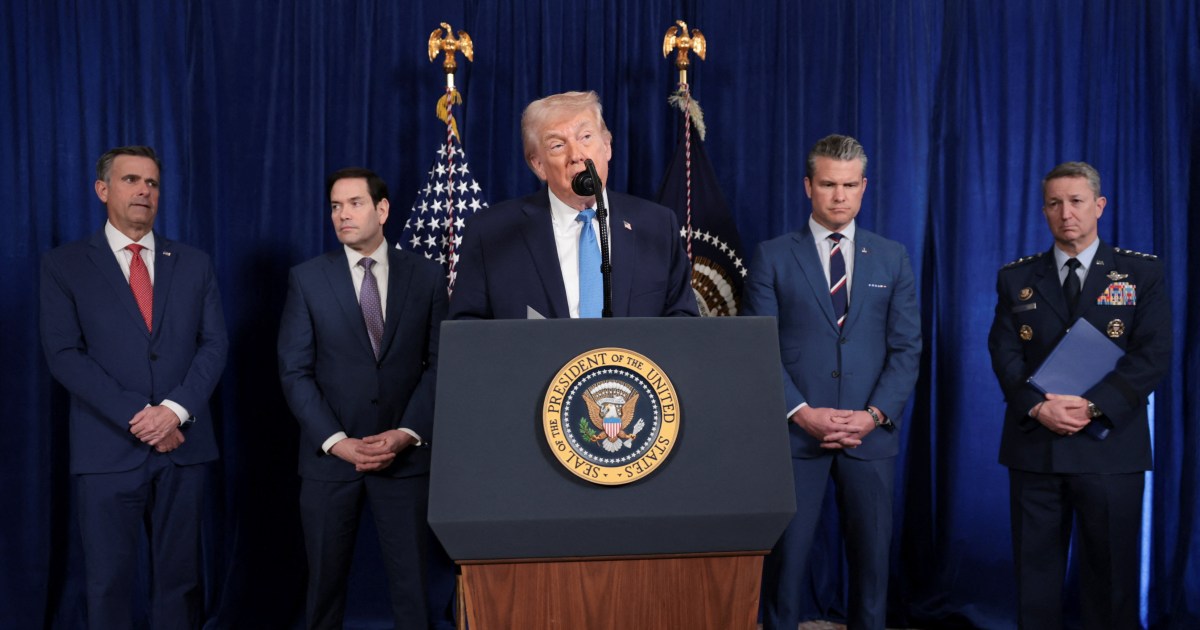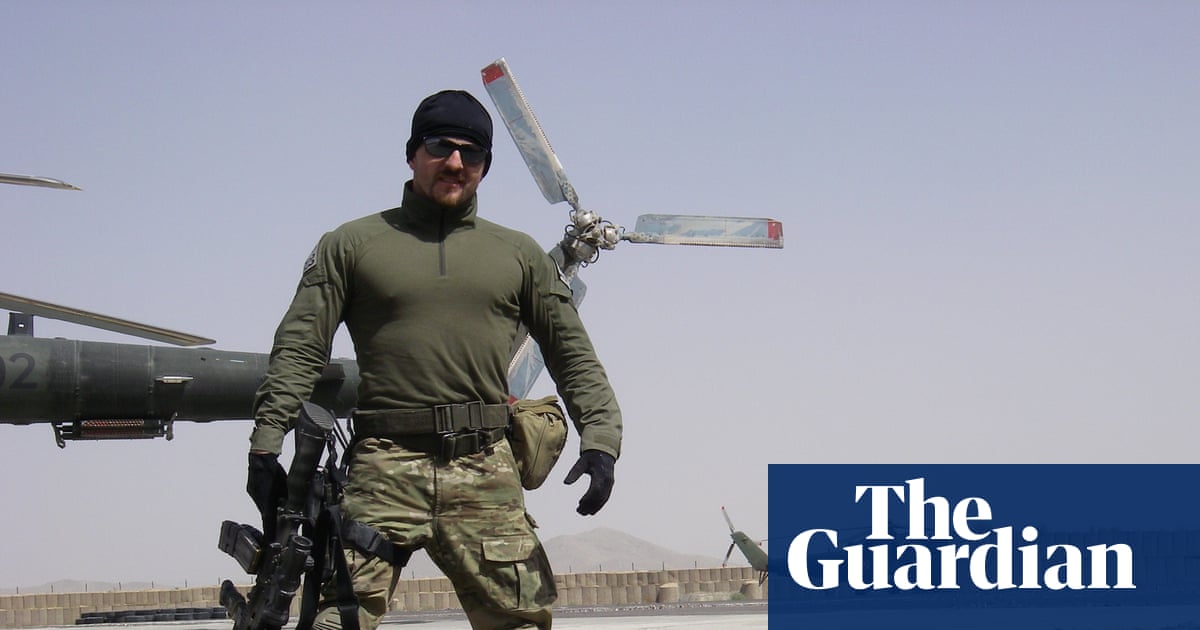- Snowstorms strike the US: in pictures The Guardian
- US winter storm leaves several dead and cuts power BBC
- Winter storm leaves over a million customers without power across US Al Jazeera
- Homes buried under ice as storm sweeps across US east…
Category: 2. World
-

Snowstorms strike the US: in pictures – The Guardian
-

Iran president’s son urges authorities to restore internet after protests blackout | Iran
The son of Iran’s president has called for the internet restrictions in the country to be lifted, saying nothing will be solved by trying to postpone the moment when pictures and video circulate of the protests that were violently crushed by…
Continue Reading
-

Boys collecting firewood in Gaza killed by Israeli fire
Two Palestinian boys have been killed by Israeli fire in Gaza while collecting firewood, according to their families.
The boys were cousins: Mohammad and Suleiman Al Zawaraa. Mohammad was…
Continue Reading
-

Iran unveils mural warning of retaliation if US conducts a military strike
DUBAI, United Arab Emirates — A new mural unveiled in a central Tehran square on Sunday contains a direct warning by Iran to the United States to not attempt a military strike on the country.
The painted image of several damaged planes on the…
Continue Reading
-

US military moves Navy, Air Force assets to the Middle East: What to know | Explainer News
A United States aircraft carrier strike group is heading towards the Gulf as tensions build with Iran.
The US military last staged a major build-up in the Middle East in June – days before striking three Iranian nuclear sites during Israel’s…
Continue Reading
-

Obama says Alex Pretti killing a ‘tragedy’ as calls mount for full investigation | Minneapolis
Pressure mounted on Donald Trump’s administration on Sunday to fully investigate the previous day’s killing by federal immigration officers of 37-year-old nurse Alex Pretti in Minneapolis.
Calls for an investigation have come from all sides of…
Continue Reading
-
France detains Indian captain of suspected shadow fleet tanker – Reuters
- France detains Indian captain of suspected shadow fleet tanker Reuters
- Russian ‘shadow fleet’ tanker diverted to French port by naval forces Al Jazeera
- France’s Navy intercepts sanctioned oil tanker in the Mediterranean sailing from Russia
Continue Reading
-

Captain of suspected Russian shadow tanker into French custody
 Reuters
ReutersThe Grinch was intercepted by the French navy on Thursday French officials have taken the Indian captain of a suspected Russian shadow fleet tanker into custody days after the oil tanker was seized.
On Thursday, the French navy intercepted…
Continue Reading
-

Pentagon downplays China threat: What it means for US allies | Explainer News
The United States no longer views China as a top security priority, according to the Pentagon’s 2026 National Defense Strategy (NDS), as President Donald Trump’s administration seeks to focus on the Western Hemisphere in a break from a decade…
Continue Reading
-

‘If you haven’t served, respect those who have’: Nato soldiers on Trump’s slurs | Nato
It was shortly before dawn and Bruce Moncur was eating breakfast when the American warplane roared overhead.
The 22-year-old reservist had been stationed in Afghanistan for three weeks when the A-10 Warthog strafed the camp west of Kandahar City…
Continue Reading